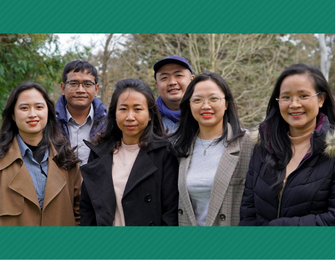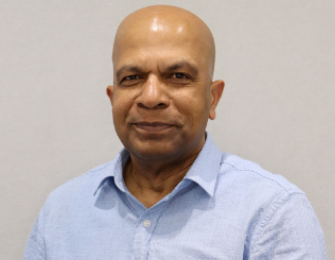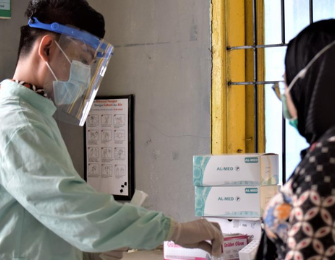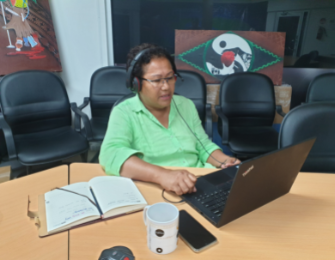
Rapid and accurate diagnostic testing for the virus that causes COVID-19 (SARS-CoV-2) is central to controlling the global COVID-19 pandemic. However, the pandemic has placed an unprecedented global demand on laboratory supplies. There are critical shortages of some of these supplies, particularly COVID-19 testing cartridges for the Cepheid GeneXpert® testing platform.
Many Pacific island countries are entirely dependent on GeneXpert testing to provide in-country capacity to test for COVID-19. These countries would otherwise be reliant on shipping specimens internationally, with the inherent delays. With the reduction in commercial flights since the beginning of the pandemic, international shipping is less reliable than normal. Crucially, rapid result turnaround time is the cornerstone of effective isolation and contact tracing in containing the spread of infectious disease.
Specimen pooling is a strategy where a laboratory combines the specimens from multiple people into a single tube for testing, in order to conserve limited testing resources. If the pool is positive, specimens for individuals are then retested separately, to determine which sample is positive. This is a commonly used technique in some laboratories, but it is not currently authorised by the manufacturer for GeneXpert, and therefore if used, it becomes an “in-house diagnostic” and must be supported by an evaluation to show it is valid.
Recognising the potential value of specimen pooling for GeneXpert, in June 2020, the Pacific Community’s (SPC) Public Health Division (PHD) along with the Pacific Islands Society for Pathology (PISP) drafted advice for Pacific island countries on how specimen pooling might be employed for GeneXpert, however, no evaluations had been published to support the use of the technique. The Indo-Pacific Centre for Health Security commissioned an evaluation of this technique to confirm its validity, through an existing partnership with the Doherty Institute. The evaluation was led by Associate Professor Maryza Graham and Professor Deborah Williamson.
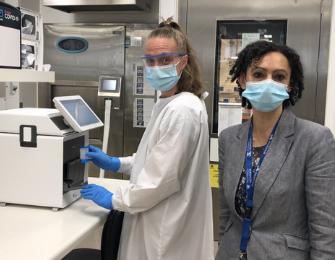
Associate Professor Graham and her team evaluated the performance of the GeneXpert SARS-CoV-2 assay, which showed that SARS-CoV-2 could be reliably detected using specimen pools of four or six samples, with similar test performance to individual testing. Dr Graham and her team also developed a “mini-evaluation” protocol for Pacific island countries so that they could prove in their own laboratories that they could conduct specimen pooling while maintaining the performance of the test. The Doherty Institute worked with SPC to incorporate the evidence provided by the evaluation into the Protocol for testing pooled specimens for SARS-CoV-2 on GeneXpert, which was provided to Pacific Island countries. The pooled specimen technique is now being used by many Pacific island countries. Dr Eka Buadromo and Tebuka Toatu from SPC’s Public Health team have been instrumental in providing technical advice and ongoing support to countries through virtual training.
The evidence provided by the Doherty Institute study is expected to enable countries in other regions around the world to undertake pooled specimen testing for COVID-19 using GeneXpert, thus increasing their testing capacity and reducing the number of cartridges used.
This work was published in the journal Diagnostic Microbiology and Infectious Disease online on 15 October 2020. Other authors have since also published similar evaluations and findings.

